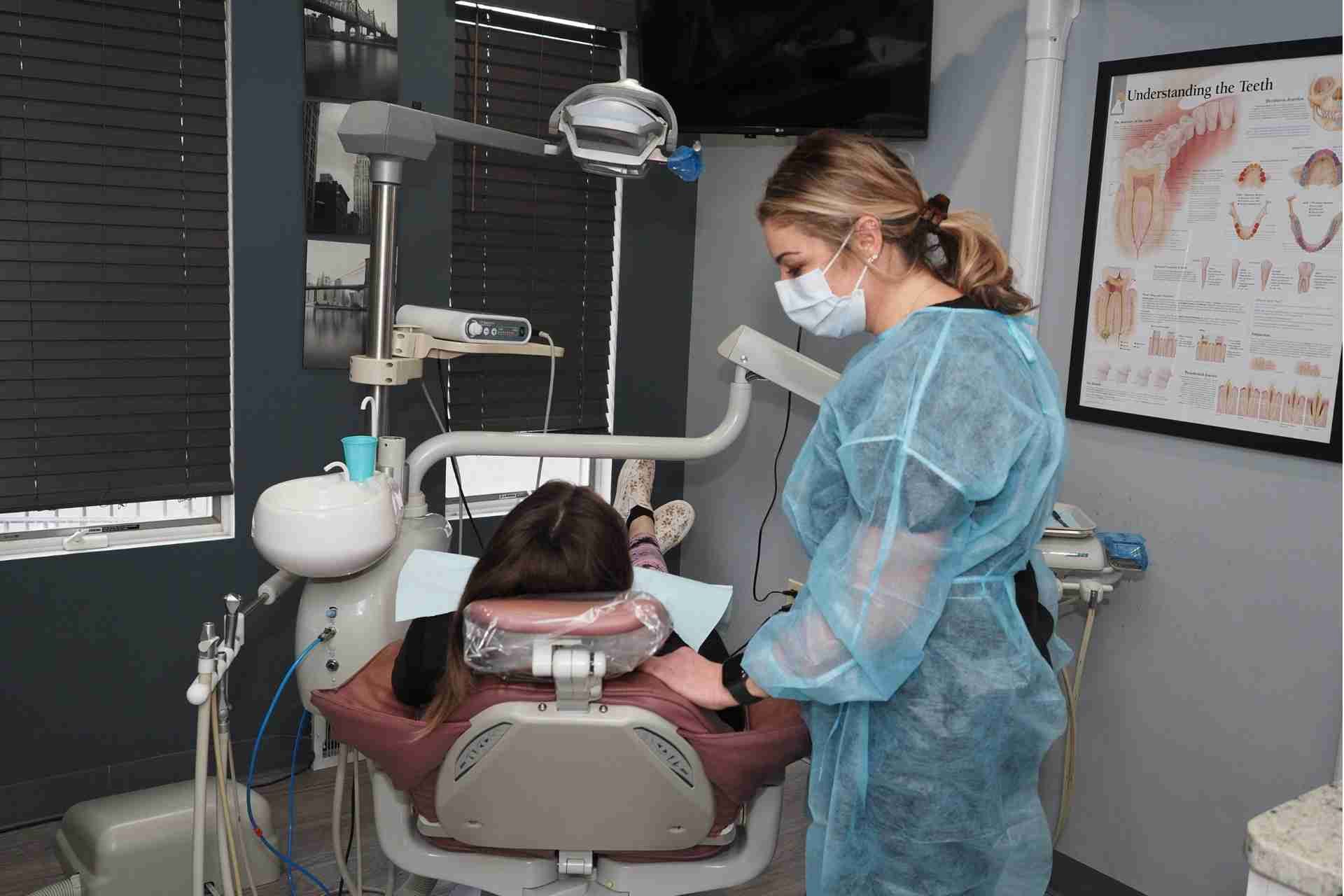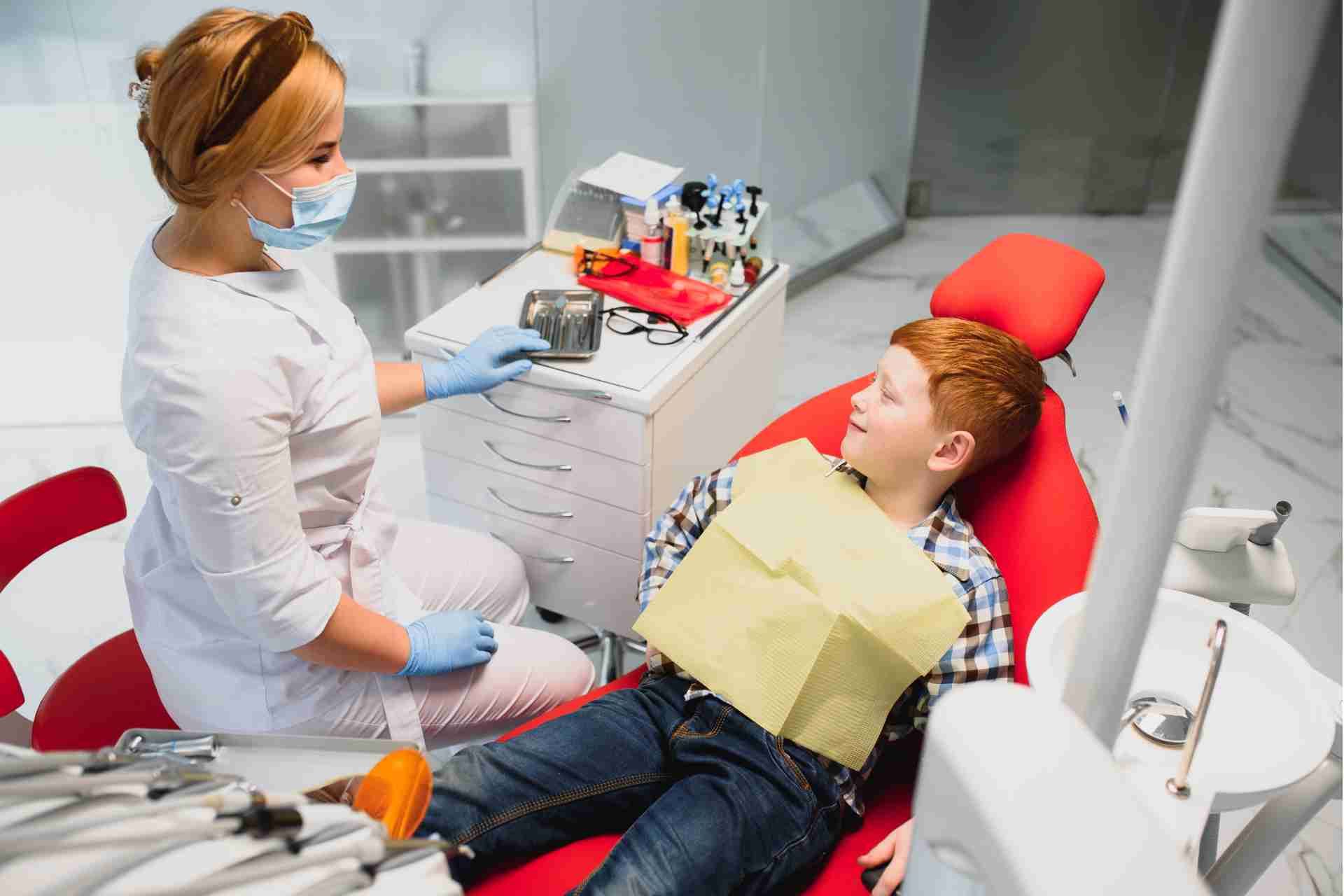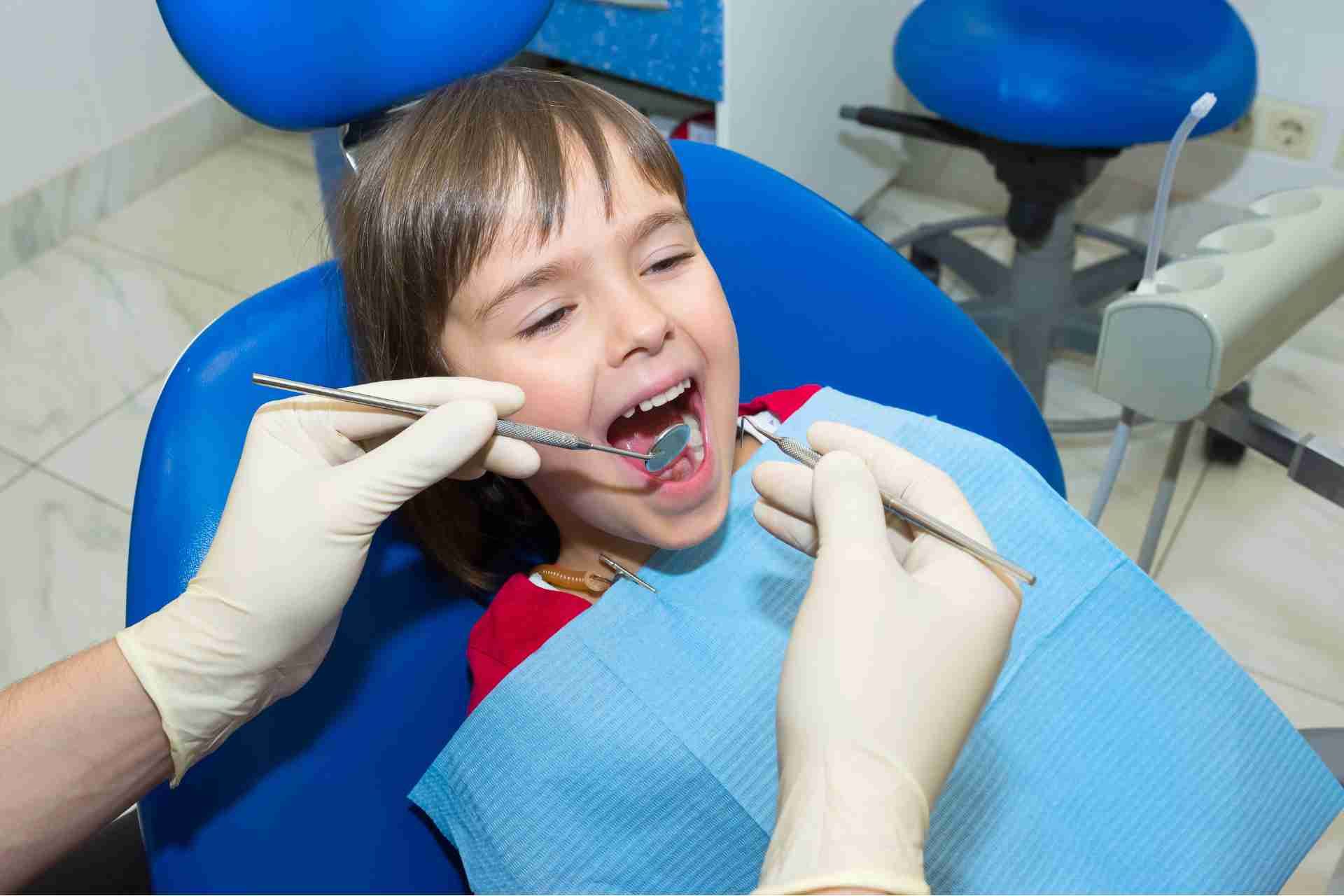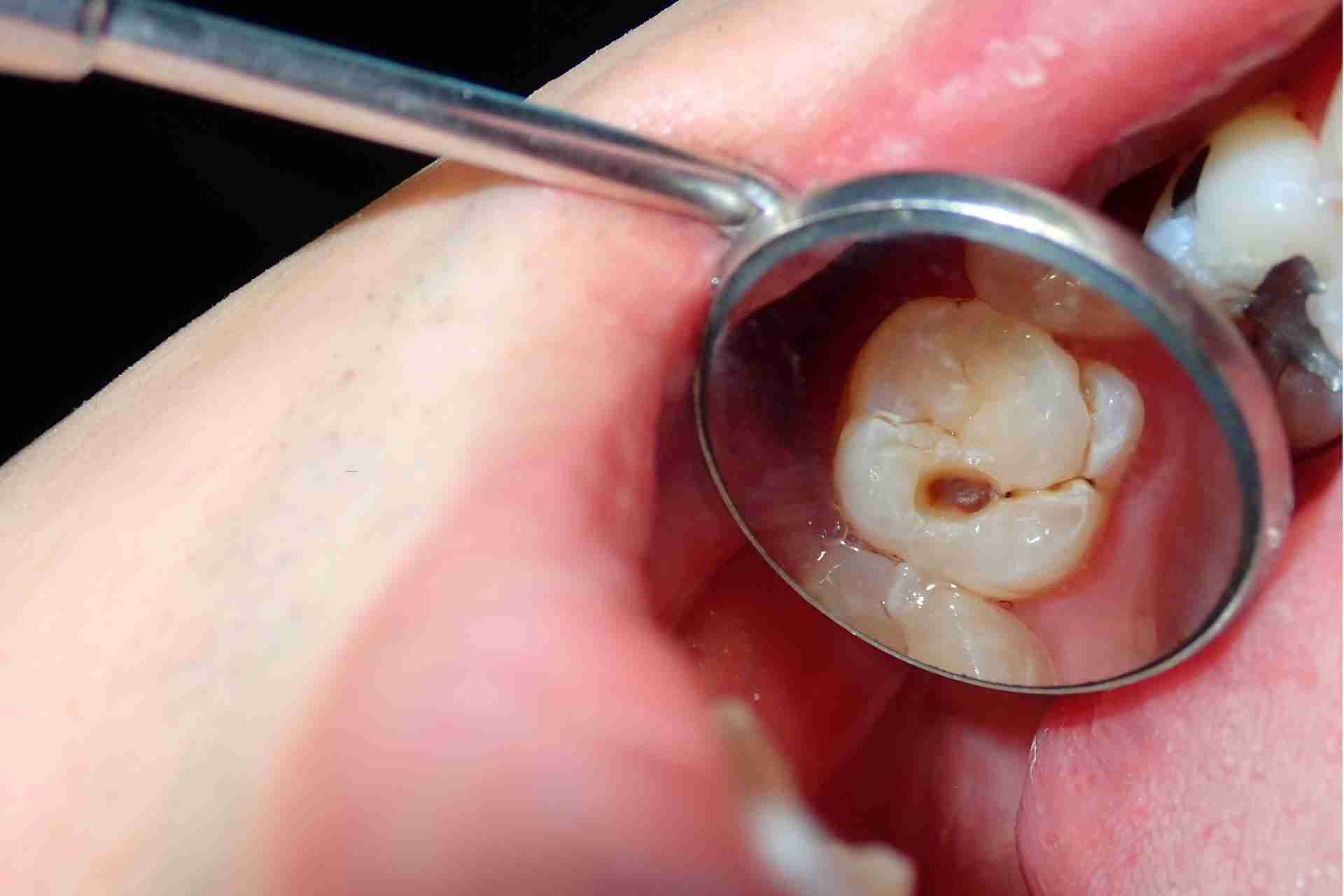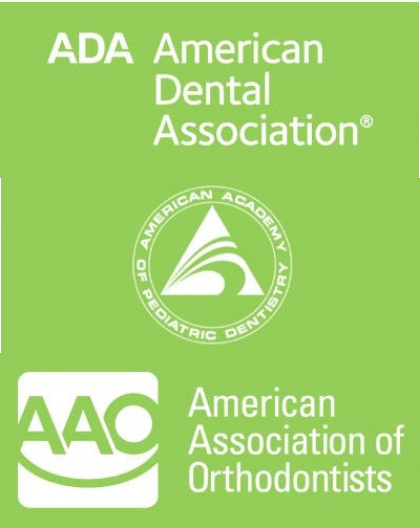Cavity Prevention for Kids Starts at Home

Cavity prevention for kids really begins at home. You can set the foundation by establishing a daily oral hygiene routine that's both effective and engaging. Teaching your children proper brushing techniques and the importance of flossing is crucial. But it doesn't stop there. What you offer them to eat and drink also plays a significant role. Let's explore how these habits can make a lasting difference in their dental health.
Establishing a Daily Oral Hygiene Routine
While kids mightn't always enjoy brushing their teeth, establishing a daily oral hygiene routine is crucial for preventing cavities. You can make this routine easier by setting a specific time each day for brushing—perhaps after breakfast and before bed. Consistency helps create a habit.
Encourage your child to use fluoride toothpaste, as it strengthens enamel and fights decay. Incorporate fun elements, like choosing a colorful toothbrush or a favorite flavor of toothpaste. You can even make it a family activity, brushing together to foster teamwork.
Teaching Proper Brushing Techniques
To ensure your child effectively removes plaque and prevents cavities, it's vital to teach them proper brushing techniques.
Start by showing them how to use a soft-bristled toothbrush and a fluoride toothpaste. Encourage your child to hold the toothbrush at a 45-degree angle to their gums. Teach them to use gentle, circular motions for at least two minutes, covering all surfaces of the teeth—front, back, and chewing surfaces.
Remind them to brush their tongue, too, to help freshen breath. Make it fun by using a timer or a favorite song.
Check in regularly to ensure they're brushing correctly. With your guidance, they'll develop good habits that contribute to a lifetime of healthy smiles.
The Importance of Flossing
Even though brushing is essential for maintaining oral health, it's equally important not to overlook flossing. Flossing removes food particles and plaque that your toothbrush can't reach, especially between teeth and along the gum line.
If you skip this step, those areas can become breeding grounds for cavities and gum disease. Teaching your kids to floss daily helps establish good habits early on.
Make it a fun routine by choosing colorful floss or using fun songs to keep them engaged. Encourage them to floss gently, wrapping the floss around their fingers and sliding it between each tooth.
With time, they'll understand that flossing is just as crucial as brushing for keeping their smiles healthy and bright.
Making Healthy Snack Choices
How can you make healthy snack choices for your kids? Start by stocking up on nutritious options. Fresh fruits and vegetables are always a hit, so keep them visible and easily accessible. You can slice up apples, carrots, or cucumbers for quick grabs.
Whole grain snacks, like rice cakes or whole grain crackers, provide energy and fiber. Yogurt, especially low-sugar varieties, is a great source of calcium and protein.
Encourage your kids to help you prepare snacks; this not only makes them more likely to eat healthy but also teaches them about nutrition.
Lastly, be a role model by choosing healthy snacks yourself. When they see you making good choices, they're more likely to follow suit!
Limiting Sugary Drinks and Foods
While kids often crave sugary drinks and snacks, it's crucial to limit their intake to promote better dental health and overall well-being.
Sugary beverages like soda and fruit drinks can lead to cavities by feeding the bacteria in their mouths. Instead, encourage water or milk as healthier alternatives.
When it comes to snacks, opt for fresh fruits, vegetables, or whole grains that provide essential nutrients without the added sugar.
If you do allow treats, set specific times and portion sizes to help manage their consumption. Teaching your kids the importance of moderation now will help them develop healthier habits for life.
Regular Dental Check-ups
Limiting sugary foods and drinks is a great start, but regular dental check-ups are just as important for keeping your child's smile healthy.
These visits allow the dentist to monitor your child's oral health and catch potential issues before they become serious problems. It's recommended to schedule check-ups every six months, ensuring that your child receives professional cleanings and examinations.
During these appointments, the dentist can also provide guidance on proper brushing techniques and fluoride treatments, which are essential for cavity prevention.
Plus, instilling the habit of regular visits helps your child build a positive attitude towards dental care.
Creating a Fun and Positive Dental Environment
Creating a fun and positive dental environment can make all the difference in your child's attitude toward oral health. Start by turning brushing time into a game. Use colorful, kid-friendly toothbrushes and flavored toothpaste that they love. Play their favorite song while they brush, encouraging them to dance and have fun.
You can also create a reward system. Stickers for each successful brushing session can motivate them to take care of their teeth.
Make dental visits exciting by discussing what to expect and reading books about going to the dentist.
Involve your child in choosing healthy snacks and drinks. Celebrate their efforts and progress, making dental hygiene a positive family experience that fosters lifelong habits.
Conclusion
By fostering a solid oral hygiene routine at home, you can set your child up for a lifetime of healthy smiles. Encourage them to brush twice a day, use fluoride toothpaste, and incorporate flossing into their daily habits. Make healthy snack choices together and limit sugary treats to keep cavities at bay. Finally, don't forget those regular dental check-ups. With your support, your child can develop a positive attitude towards dental care and enjoy strong, healthy teeth.

